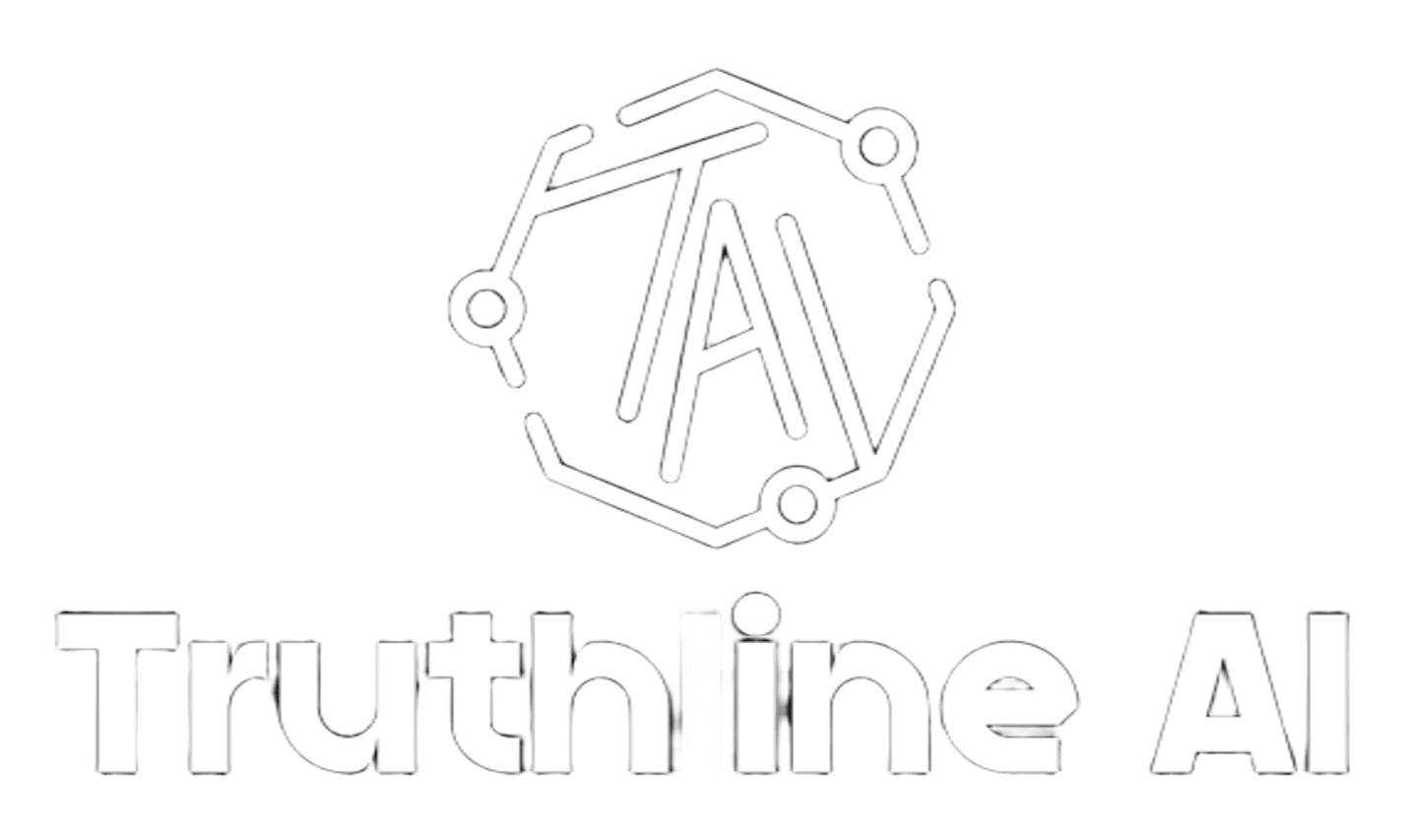Tone
The tone of The Standard on July 29, 2025, is predominantly critical and urgent, with a strong undercurrent of accountability. It adopts a confrontational stance toward the government, particularly in cases of diplomatic negligence, repression, and unfulfilled promises. The language is emotive, emphasizing victimhood and systemic failure, while also expressing frustration with institutional inaction.
Track
The newspaper consistently tracks themes of government failure, human rights abuses, and social injustice across multiple pages. It highlights recurring issues like state complicity in abductions, education funding cuts, and healthcare neglect, suggesting a pattern of systemic dysfunction. The coverage also balances these critiques with lighter cultural and sports stories, though even these often underscore neglect (e.g., Sabrina Simader’s financial struggles).
Framing
Stories are framed to portray the Ruto administration as negligent or authoritarian, emphasizing victims (abducted activists, impoverished students, neglected athletes) and contrasting their plight with government inaction. The framing often pits public suffering against elite indifference, reinforcing a narrative of betrayal. Even positive developments, like the Technopolis Bill, are contextualized within broader challenges (e.g., high electricity costs), tempering optimism with skepticism.
Editorial Agenda
The editorial agenda prioritizes holding power to account, focusing on human rights, governance failures, and social equity. It amplifies marginalized voices (abuse victims, rural girls, underfunded athletes) while critiquing leaders for broken promises and repression. The paper also advocates for systemic reform, urging public outcry and institutional accountability to address Kenya’s crises.
Conclusion
The Standard’s July 29 edition paints a damning portrait of Kenya under Ruto, marked by repression, neglect, and unfulfilled pledges. While celebrating cultural and athletic achievements, its core mission remains exposing injustice and demanding accountability. The paper positions itself as a watchdog, rallying readers to confront authoritarian drift and systemic inequities.
